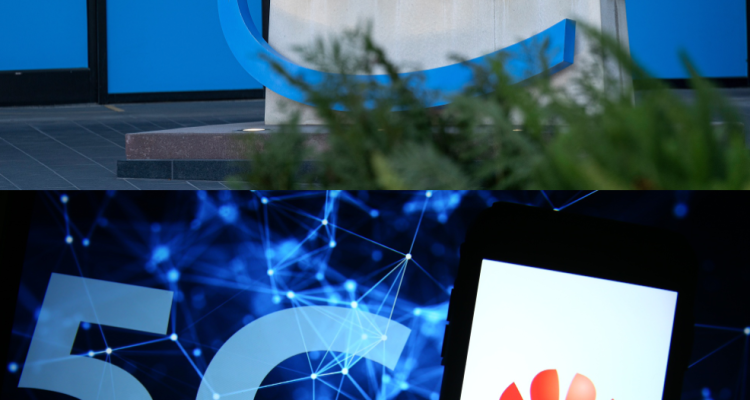
Nairobi, Kenya: A staggering statistic looms large on the global landscape: nearly 3 billion people worldwide, predominantly in Africa, remain offline. This stark reality necessitates collaborative endeavors to bolster digital inclusion and narrow the digital chasm both on the continent and across the globe.
In a determined push to fuel innovation within Africa, the African Telecommunications Union (ATU), in partnership with tech giants Huawei Technologies and Intel Corporation, as well as the International Telecommunications Union (ITU) and the GSM Association (GSMA), proudly introduces the 3rd edition of the ATU Africa Innovation Challenge.
This innovation challenge is an ecosystem-based competition tailored exclusively for universities and higher learning institutions in Africa. Collectively, these esteemed partners have pooled resources amounting to US$50,000 (over 50 million Malawi Kwacha), poised to reward exemplary institutions. The ultimate victor is set to claim a substantial USD 20,000 prize (over 20 million Malawi Kwacha).
The theme for this transformative event is aptly titled, “Innovating for Digital Inclusion: Solutions to Bridge the Digital Divide in Africa.” The challenge beckons participating institutions to showcase entrenched, institutionalized, and ongoing practices that bolster the growth of young innovators. The eligibility criteria dictate that institutions hail from ATU Member States.
ATU Secretary General, John Omo, emphasizes, “Collaborative efforts with our partners are key to creating a united front against the challenges of the digital divide. Together, we stand as advocates for equitable access to telecommunications and ICT services across the continent.”
Dr. Bienvenu Soglo, Director of Government Affairs Africa and IGA CTO Liaison (PE) at Intel Corporation, echoes Omo’s sentiments, urging stakeholders to join forces in nurturing African-centric solutions for indigenous challenges. “Working in tandem holds the key to igniting innovation and empowering African startups to flourish. Bridging the Digital Divide through DeepTech is our shared responsibility,” he asserts.
Entrants in the challenge are tasked with presenting solutions anchored in affordable connectivity, digital literacy, unfettered access to information and services, and inclusive digital innovations designed for marginalized groups spanning the continent.
During the ceremony, Chief Guest Ms. Léocadie Ndacayisaba, Burundi’s Minister of ICT and Media, urged the private sector and governments to forge tighter bonds. “Conversely, the private sector contributes innovation, market-driven strategies, and efficient implementation,” she affirms.
Huawei’s Vice President for Public Affairs, Sub-Saharan Africa Region, Mr. Wan Wei, echoes these sentiments, expressing Huawei’s pride in supporting this platform. “As a leading global provider of information and communications technology (ICT) solutions, Huawei remains unwavering in its commitment to collaborate with governments, telecom operators, academia, and partners at large. Our aim is to construct reliable and affordable ICT infrastructure, extend broadband access, and bolster digital skills development throughout Africa,” he states.
Anticipation mounts as the ATU Challenge gears up for a culminating event slated for October, with a tentative plan for a physical awards ceremony in Kigali, Rwanda.
Headquartered in Nairobi, Kenya, the African Telecommunications Union (ATU), established in 1977 as a specialized agency of the African Union, serves as a pivotal platform for ICT stakeholders. This forum is dedicated to crafting effective policies and strategies aimed at enhancing access to information infrastructure and services. Further, the Union advocates for its 51 Member States and 56 Associate Members, fostering integration within regional markets, attracting investments into ICT infrastructure, and cultivating institutional and human capacity.














